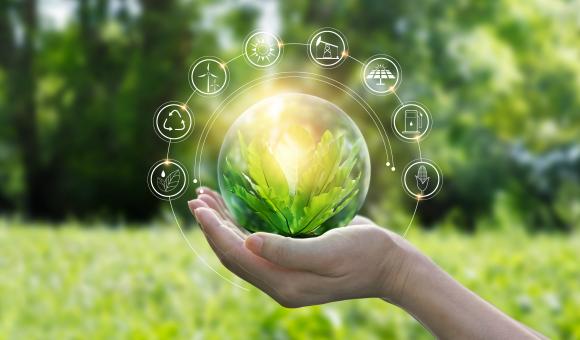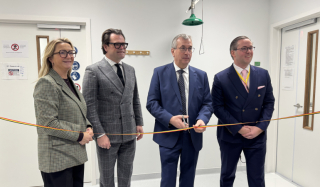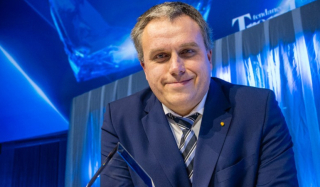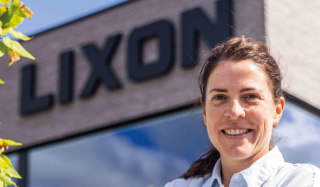
Europe has given the green light to the "European Battery Innovation", which plans to inject up to €2.9 billion in state aid to implement an entirely European battery technology chain. 12 Member States, including Belgium, are participating in this project, which is part of the green energy transition that Europe intends to make. The two Belgian companies involved are Walloon and both are based in Engis, near Liège.
Hydrometal recycles and recovers complex non-ferrous metal bearing residues through hydrometallurgical processes.
Prayon is the world leader in the phosphate sector and manufactures phosphate and fluorine products used in food applications, fertilizers and pharmaceuticals, as well as raw materials for batteries used in the automotive sector.
Both are therefore among the 42 companies whose projects will be supported by this investment of almost €3 billion. This amount should also triple thanks to the snowball effect on private investments. The aim? To achieve strategic autonomy in Europe in this key industrial sector. Europeans must become less dependent on fossil fuels. But the price and range of electric cars directly depend on the cost and performance of their batteries.
The availability of more sustainable batteries over their entire life cycle has also become essential to achieving climate goals.
The project involving Austria, Belgium, Croatia, Finland, France, Germany, Greece, Italy, Poland, Slovakia, Spain and Sweden will cover the entire battery value chain: the extraction of raw materials, the design and manufacture of cells and battery packs, and finally recycling and disposal as part of a circular economy, with a strong focus on sustainability. It should contribute to the development of a whole series of technological innovations, following on from a first project approved at the end of December 2019 already involving three Belgian companies: Umicore, Solvay and the Namur spin-off Nanocyl.
This pan-European project aims to revolutionise the battery market by focussing on cutting edge lithium-ion batteries and technologies that will enable the next generation of post-lithium-ion batteries. The European Commission is also thinking about household batteries that can store energy from solar panels or other renewable sources
While the European battery industry hardly existed on a global scale until three years ago, by 2025 Europe aims to manufacture enough battery cells each year to power at least six million electric cars.







